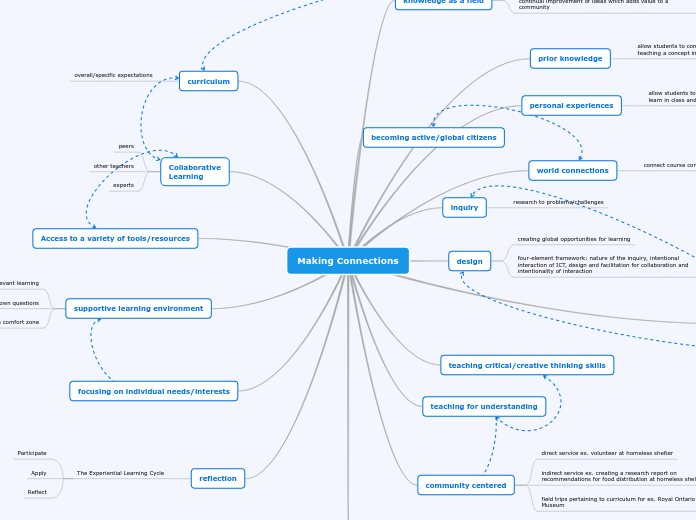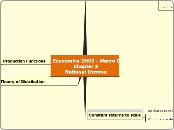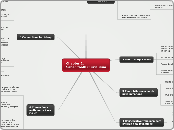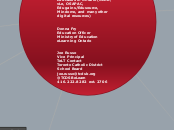by Alexandra Fiorini 2 years ago
152
Making Connections
Students benefit from an educational approach that integrates their personal experiences with classroom material, allowing them to make meaningful connections. This method encourages inquiry and research to solve problems, fostering a supportive learning environment where students feel comfortable asking questions and exploring new ideas.









